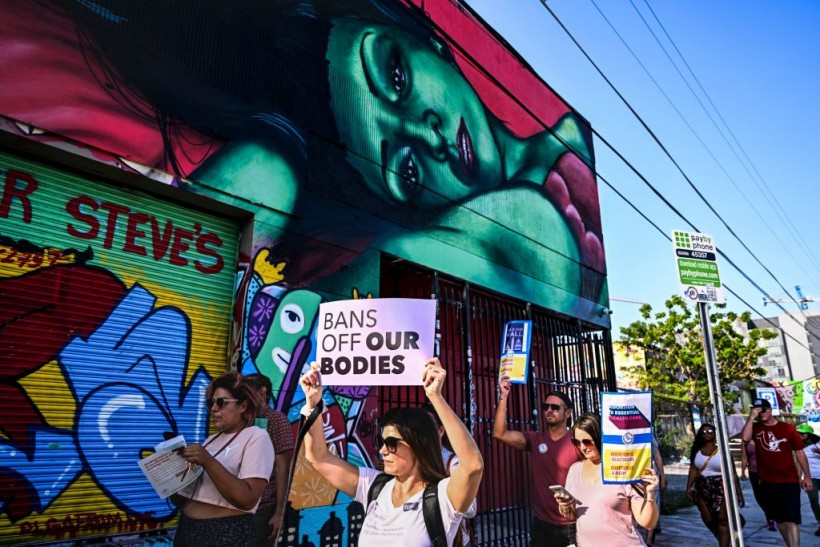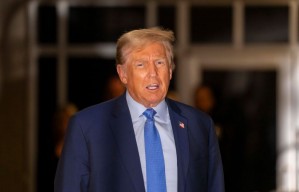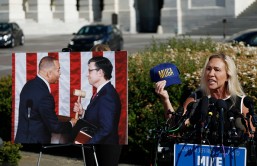The Florida Supreme Court on Wednesday questioned the state's arguments against the abortion rights measure that is set to appear on the November ballot.
The situation comes as several members of the conservative-leaning court questioned whether or not the measure's language made clear its potentially sweeping effects. The constitutional amendment would ask residents to "limit government interference with abortion" before a fetus is considered viable, which is roughly around 24 weeks of pregnancy.
Florida's Abortion Rights Measure
Florida Supreme Court hears arguments from the state regarding the abortion rights measure being on the November ballot.
Several justices indicated that the language that summarized the initiative on the ballot is not deceptive, it would mean that it would be up to voters, not the court, to decide whether or not they agree with such a broad measure.
During a hearing in Tallahassee, Chief Justice Carlos G. Muniz said that the people of Florida are not stupid. He argued that they can figure out the matter on their own. The state, which has the third highest population across the country, was until recently a frequent destination for women coming from the South seeking an abortion, as per the New York Times.
This was primarily due to the state allowing the procedure up to about 24 weeks. However, in 2022, the state enacted a ban on abortions after 15 weeks, and last year, authorities implemented a ban after six weeks of pregnancy.
People in Florida are currently awaiting a ruling from the state's Supreme Court on the constitutionality of the 15-week ban. If the court affirms it, which is what is expected, the way would be cleared for the six-week ban to take effect.
The state court's ideological balance has already shifted in the past few years, from liberal to conservative. Five out of the seven justices were appointed by Florida Gov. Ron DeSantis, a Republican who signed the two abortion bans.
The court heard arguments regarding the issue, including from Nathan Forrester, who spoke on behalf of the state attorney general's office and urged the justices to disqualify the measure. He said that voters would not understand what the amendment would do because the language that is used to describe it was too broad and had an "enormously wide range of meanings," according to The Hill.
Read Also: California Lawmakers Introduce Bill for Supervised Psychedelic Mushroom Use
Discussing the Ballot Eligibility of the Measure
However, several justices immediately questioned Forrester's argument, saying that while the amendment may be sweeping in what it proposes, it should be an argument that voters should make, not the court.
On the other hand, Justice Charles Canady said that all of the issues need to be argued about in the political process. He noted that otherwise, it would be a restriction on the substance of what can be proposed.
Related Article: Record Number of Americans Facing Homelessness as Government Slow To Respond








